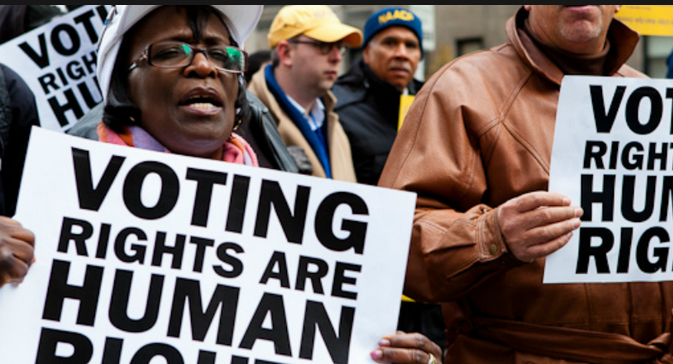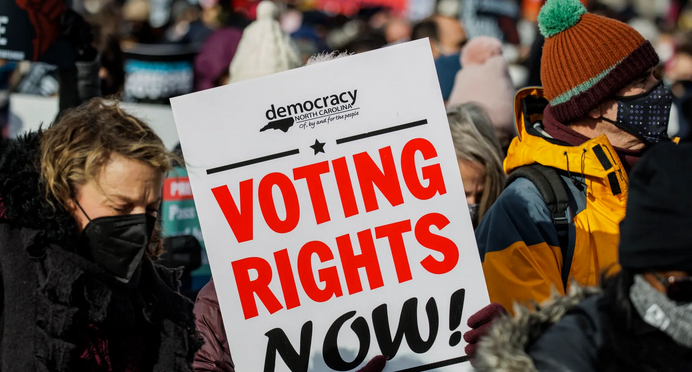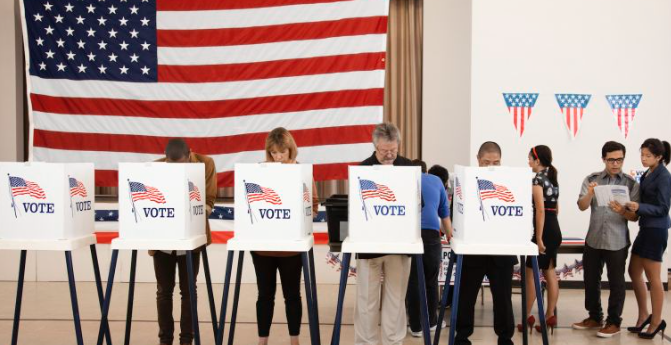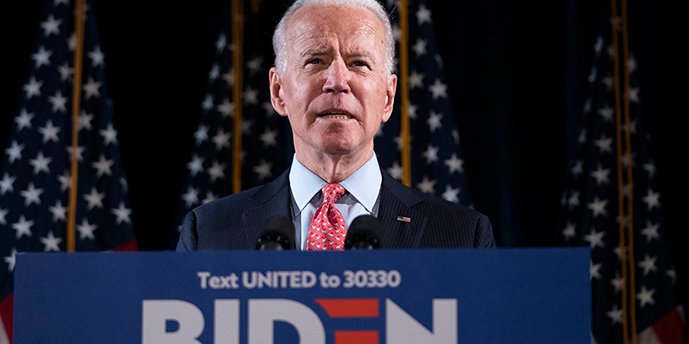Voting rights are the cornerstone of democracy in the United States, ensuring that every eligible citizen has the opportunity to participate in the political process. In this article, we’ll explore the history, challenges, and current state of rights in the USA.

A Brief History of Voting Rights
The journey to establish rights for all Americans has been a long and sometimes tumultuous one. Here’s a snapshot of key milestones:
Early Restrictions
Most others, including women and African Americans, were denied this fundamental right.
Suffrage Movements
Throughout the 19th and 20th centuries, suffrage movements fought for expanded rights. The 15th Amendment (1870) granted rights regardless of race, and the 19th Amendment (1920) extended suffrage to women.
Civil Rights Act of 1964
This landmark legislation aimed to dismantle racial segregation and discrimination, including obstacles to voting faced by African Americans.
Voting Rights Act of 1965
One of the most significant pieces of rights legislation, this act banned discriminatory voting practices and required federal approval for election law changes in certain states.
Current Challenges to Voting Rights
Voter ID Laws
Several states have implemented strict voter ID laws, requiring specific forms of identification to cast a ballot. Critics argue that such laws disproportionately affect minority and low-income voters.
Gerrymandering
Political parties redraw electoral district boundaries to favour their candidates, a practice known as gerrymandering. This can dilute the voting power of certain communities.
Voter Suppression Efforts
Efforts to restrict early voting, limit polling places, and purge voter rolls have raised concerns about voter suppression, particularly in marginalized communities.
Felony Disenfranchisement
In some states, individuals with felony convictions lose their rights, even after completing their sentences. Critics argue that this disproportionately affects communities of colour.
Closing Polling Places
Closing polling places, often in rural or minority neighbourhoods, can make it more challenging for some voters to access the ballot box.
Challenges to the Voting Rights Act
This has led to concerns about potential discrimination.
Voting Rights Advancements
Despite challenges, various advancements have expanded and protected rights:
Online Voter Registration
Many states now offer online voter registration, simplifying the registration process and increasing accessibility.
Early Voting Options
Numerous states have expanded early voting options, allowing voters to cast their ballots before Election Day.
Restoration of Felon Voting Rights
In some states, efforts are underway to restore rights to individuals with felony convictions upon completing their sentences.
Voting Accessibility
Advocacy groups work to ensure polling places are accessible to people with disabilities, promoting inclusivity.
The Role of Voting Rights Advocacy
Voting rights advocacy organizations play a crucial role in safeguarding and expanding the right to vote. They engage in activities such as voter education, litigation against restrictive laws, and efforts to ensure fair representation through redistricting.
Mail-In Voting Access
The COVID-19 pandemic highlighted the importance of mail-in voting as a safe and accessible option. Many states expanded mail-in voting temporarily, and discussions continue about its role in future elections.
Voter Education Initiatives
Efforts to educate voters about their rights, registration processes, and voting options have increased, aiming to empower citizens with information.
Native American Rights
Challenges related to voting access and identification requirements for Native American communities have gained attention, as these communities often face barriers to voting.
Language Access
To accommodate diverse communities, some states provide ballots and election materials in multiple languages, ensuring non-English-speaking voters can participate.
Election Security Measures
Efforts to enhance election security, such as the use of paper ballots and robust cybersecurity protocols, are critical to maintaining trust in the voting process.
Conclusion
In conclusion, voting rights remain a central issue in American democracy. Advocacy, legislation, and public awareness must continue to protect and expand rights, ensuring every eligible citizen exercises their fundamental right to vote, despite ongoing challenges since the nation’s founding.














